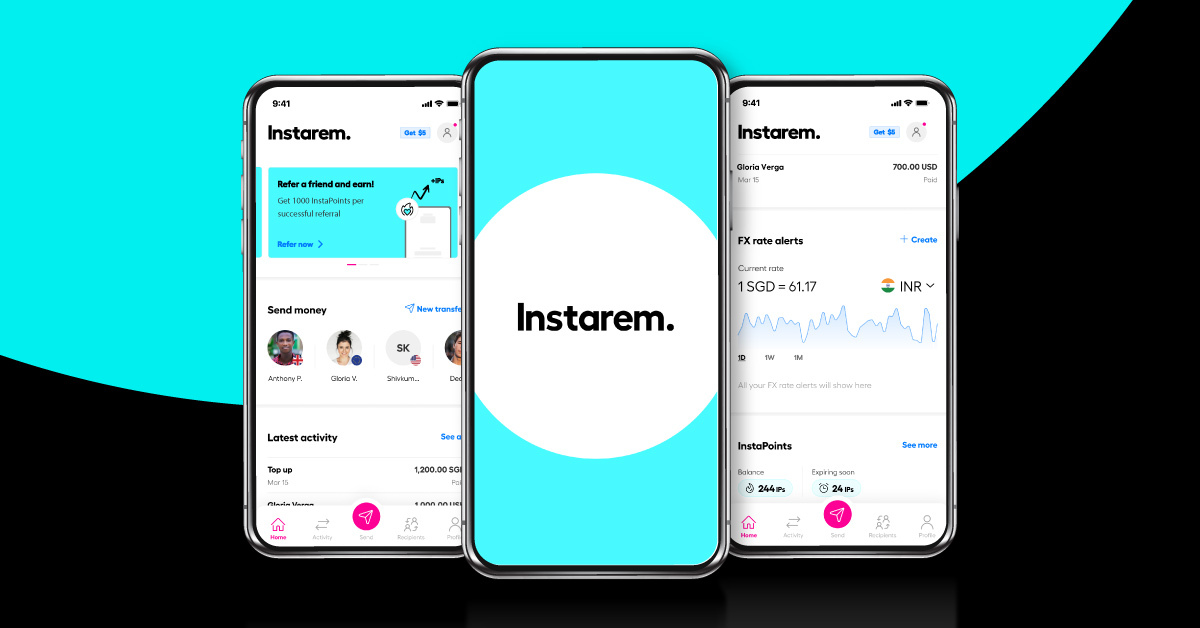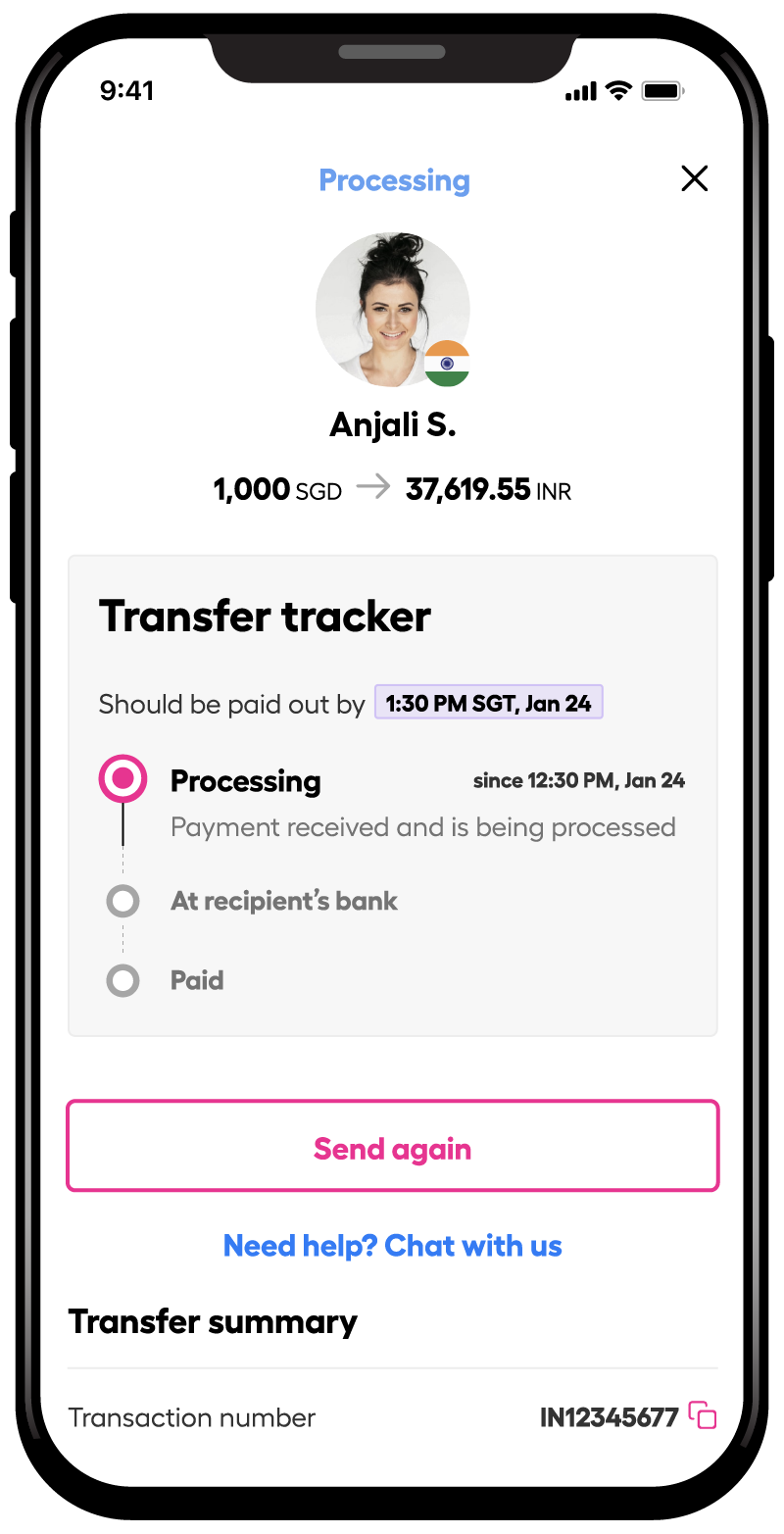IELTS: The ultimate guide for first-time test takers

This article covers:
- What is IELTS?
- What kinds of IELTS tests are there?
- Benefits of IELTS
- Paper Based Test VS Computer Based Test
- What is IELTS exam fees?
- IELTS Exam Eligibility
- IELTS exam dates
- How to book IELTS exam?
- How to check IELTS result?
- How to do IELTS? Is IELTS difficult?
- How to prepare for IELTS?
- Which is easier TOEFL or IELTS?
- Before you go…
Got big dreams of studying or working abroad? That’s awesome! But before you set off on your adventure, there’s a little something you’ve gotta check out: English skills. Yup, lots of places want to make sure you’re a language whiz, and that’s where a special test comes in. Think of it as your ticket to global success – it opens up doors to all sorts of amazing opportunities in education and your career. And guess what? One of those magical tests is called IELTS.
So, get ready, because in this blog, we’re diving into the nitty-gritty of IELTS. We’ll spill the beans on what it’s all about, how you can get ready like a pro, the cost, the format, and more. Get ready to unlock those international dreams!
What is IELTS?
So, what is IELTS exam? It’s short for the International English Language Testing System – a friendly English language test created by the British Council, IDP Education, and Cambridge Assessment English.
Because the full name is quite a mouthful, folks usually use a shorter version when chatting about it. Now, you might be curious about how to pronounce IELTS. No worries, it’s a breeze! You just blend the sounds [EYE] and [UHLTS] – kinda like saying “eye” and tacking on “uhlts”.
What kinds of IELTS tests are there?
Well, there are actually two main types: IELTS Academic and IELTS General Training.
So, here’s the deal: both versions of the tests share quite a few common parts. But when you take a closer look, you’ll see that listening and speaking are like two peas in a pod – they’re exactly the same. Now, when it comes to reading and writing, they’ve got their own little twists to keep things interesting.
IELTS Test & Components
| IELTS Academic
| IELTS General Training
|
Listening
| You’ll hear four recorded monologues and conversations. Your task? Understand them well, because there are questions waiting for your answers.
| You’ll hear four recorded monologues and conversations. Your task? Understand them well, because there are questions waiting for your answers.
|
Speaking
| Engage in a conversation with an official examiner that will last anywhere from 11 to 14 minutes.
| Engage in a conversation with an official examiner that will last anywhere from 11 to 14 minutes.
|
Reading
| Paper format: Three reading passages with a variety of questions using a number of task types.
Timing: 60 minutes
No. of questions: 40
| Paper format: : There are three sections. Section 1 may contain two or three short texts or several shorter texts. Section 2 comprises two texts. In Section 3, there is one long text.
Timing: 60 minutes
No. of questions: 40
|
Writing
| You’ll have 60 minutes in total, with two questions to tackle.
| You’ll have 60 minutes in total, with two questions to tackle.
|
Best for
| Students
| Working professionals
|
Benefits of IELTS
If you’re dreaming about studying or working in an English-speaking country and English isn’t your first language, you’ll likely need to showcase your English skills. This is where the IELTS exam steps in.
Picture this: you can apply to schools abroad where English is the main language used. That means your academic journey could lead you to some truly exciting places around the world. It can also swing open the doors to job opportunities at international companies.
That’s a pretty neat way to give your career a boost, don’t you think?
Now, here’s the scoop on which version to choose: It all depends on your future plans and what you’re aiming for. If studying abroad is on your radar, then IELTS Academic might be your go-to. On the flip side, if your goal involves working or living in another country, then IELTS General Training could be the perfect fit. Think of it like picking the right tool for the task at hand!
Paper Based Test VS Computer Based Test
You’ve got two cool ways to take it: the classic IELTS paper-based test and the modern computer-based test. Talk about options, right?
Here’s the deal: even though they share a bunch of similarities – like how the test is set up, the types of questions, and the time you get – the experience itself is quite different from one another.
Type | IELTS Paper Based Test | IELTS Computer Based Test |
How the written test is conducted | Candidates get an answer sheet and pen/pencil to write within the given time. | Candidates answer on the computer screen in designated boxes. |
How listening is conducted | Candidates get a 10-minute window at the end of the listening section to jot down their answers on the official sheet. | Candidates have a 2-minute window to review the answers they’ve typed after the listening test. |
IELTS result | Results in 3-5 days after the test. | Results in 13 days after the test. |
IELTS exam dates | 48 testing days yearly (Thursdays & Saturdays). | You can take tests any day of the week, with three time slots available each day. |
Things to take note | Reading, writing, and listening are done on paper, while speaking is face-to-face with an IELTS examiner. | Reading, writing, and listening are computer-based, while speaking is in-person with the IELTS examiner. |
Now, pay attention: whether you’re scribbling away on paper or tapping those keys, some parts of the test need you to be physically present where you signed up. So, it’s all about picking your style and getting ready to shine.
What is IELTS exam fees?
The cost of IELTS varies depending on the country.
IELTS India Fees
Test Type | Cost (INR) |
Computer-delivered IELTS for UKVI | 16,500 |
Computer-delivered IELTS | 16,250 |
IELTS Life Skills (A1 and B1) | 15,350 |
IELTS for UK Visas and Immigration | 16,500 |
Pen and paper based IELTS | 16,250 |
IELTS Nepal Fees
Test Type | Cost (NPR) |
IELTS Academic (on paper) | 27,100 |
IELTS Academic (on computer) | 25,300 |
IELTS Philippines Fees
Test type | Fee (PH) |
IELTS Academic – in centre (paper or computer) | 12,350 |
IELTS General Training – in centre (paper or computer) | 12,350 |
IELTS Academic for UKVI – in centre (paper or computer) | 12,720 |
IELTS General Training for UKVI – in centre (paper or computer) | 12,720 |
IELTS Life Skills (A1 and B1) | 9,500 |
IELTS Singapore Fees
Test Type | Price (SGD) (For test dates from 1 June 2022) |
IELTS on Computer | $ 340 (U.P. $378) |
IELTS on Paper | $ 378 |
IELTS (Life Skills) | $ 275 |
IELTS (UKVI) | $ 398 |
IELTS Exam Eligibility
If you’re thinking about giving the IELTS exam a shot, here’s what you need to know: You should be at least 16 years old and have a valid passport.
IELTS exam dates
Hey there, let’s talk about when you can do the IELTS exam! In places like India, the Philippines, Singapore, Australia, and the US, you can take the IELTS on the computer almost any day of the week. But if you like the old-school way with pen and paper, it’s not available every single day. Still, you’ve got chances to do it around 4 to 6 times every month. So, plenty of options to choose from!
How to book IELTS exam?
Signing up for your IELTS test is a breeze! Here’s how it works:
- Step 1: Choose Your Test Method
You’ve got options! Find a nearby IELTS test centre among the 1,600+ locations spanning 140 countries. Or, if you’d rather, go for the convenient IELTS Online option – an online version of the IELTS Academic test that you can take from home. Just make sure you have everything set up to do it online.
- Step 2: Get Registered
Registering is a snap. You can either hop online to register and pay, or if you’re old-school, you can download an application form, fill it out, and send it off to your selected test centre. Don’t forget to include a copy of your valid ID – you’ll need the same one on the test day too. - Step 3: Locked and Loaded
Once you’ve registered (whether online or on paper/computer), your chosen test centre will shoot you an email confirming your test date and time after processing your application. Keep in mind that your Speaking test might be on a different day, but your test centre will give you a heads-up. If you went for IELTS Online, they’ll send you a confirmation email with the test details, and usually, your Speaking test will be scheduled before the rest of the exam.
If you need more info, just reach out to your local IELTS test centre or snag a copy of the “Information for Candidates” booklet – it’s got the scoop!
How to check IELTS result?
So, picture this: you’ve signed up, rocked your test, and now you’re on the edge of your seat waiting for those results.
No need to hit up Google with “how to check IELTS result IDP.”
When you’ll get your results depends on how you took the IELTS exam.
Type | IELTS Paper Based Test | IELTS Computer Based Test |
IELTS result | Results in 3-5 days after the test. | Results in 13 days after your test. |
You’ll get a Test Report Form (TRF) depending on the timeframe.
What is TRF in IELTS?
Well, in IELTS lingo, they call it the Test Report Form, or TRF for short. It’s basically a fancy term for your IELTS scorecard.
What is a good IELTS score?
Ever wondered what those IELTS scores really mean? Like, what’s the deal with a 7.0 or a 6.5? And hey, is it even possible to hit that elusive 9.0? Plus, what counts as a “good” IELTS score?
Alright, here’s the lowdown: IELTS dishes out scores from 0 to 9, with 9 being the rockstar level. So, if you’re rocking anything above a 7, you’re in pretty good shape. But hold on, if you’re aiming for a specific school or place, do peek at their minimum IELTS requirement.
How long is IELTS score valid?
Your scorecard is valid for two years.
How to do IELTS? Is IELTS difficult?
Here comes everyone’s favourite question: is IELTS easy?
Well, just like any test or exam, a little practice is the key!
How to prepare for IELTS?
How to start IELTS preparation?
Alright, let’s break this down into some practical steps to help you prep for this area of queries:
- How to improve IELTS speaking?
- How to improve IELTS reading?
- How to improve IELTS writing?
- How to improve IELTS speaking?
Tip 1: dive into the test format
Give those IELTS guides a whirl – reading, listening, writing, speaking, you name it.
Tip 2: Do practice test
Time for a little mock action! Try a practice test at home, simulating real exam conditions. It’ll give you a peek at whether you’re hitting your target score.
Tip 3: Focus on your weakness
No need for daily practice tests. Instead, target your weak spots for better progress. If your score falls short, no sweat! Tackle your weaknesses until they’re history.
Tip 4: Go beyond IELTS materials
Tune into radio shows, talk shows, and podcasts from the UK, USA, and Australia. This helps you get comfy with different accents, a big help for the listening module.
Tip 5: Be a pro at a topic
Writing time! Pick a topic, hit the web for research, and beef up your ideas and vocabulary. This is your secret weapon for acing the writing section.
Tip 6: Link your answers to trustworthy sources
Consider exploring and supporting your answers with additional reliable resources based on your specific needs.
Which is easier TOEFL or IELTS?
So, here’s the scoop: most folks find IELTS a tad friendlier than TOEFL, thanks to its more manageable reading section. But hey, no need to tackle both in one go – just one thing to keep in mind.
Explore the place where you imagine yourself studying or working in another country. This is super important if you’re thinking about studying abroad.
Most places that accept TOEFL scores also accept IELTS scores. But, not everyone who likes IELTS is a fan of TOEFL, especially British universities.
Before you go…
Before you set off on your exciting journey, remember this: acing this test is like unlocking a treasure chest of opportunities for studying abroad or starting a new life in another country. But here’s the thing, once you’re all set and ready to go, there’s a practical side too – transfer money abroad.

And guess what? Instarem is here to make that part a breeze! We’ve got your back, ensuring your money zooms from here to there in no time. While we can’t work magic like wizards, we sure can help make the practical side of your expat adventure much smoother.
Ready to dive in? Download the app or sign up here!
Disclaimer: This article is intended for informational purposes only. All details are accurate at the time of publishing. Instarem has no affiliation or relationship with products or vendors mentioned.
 Get the app
Get the app


























